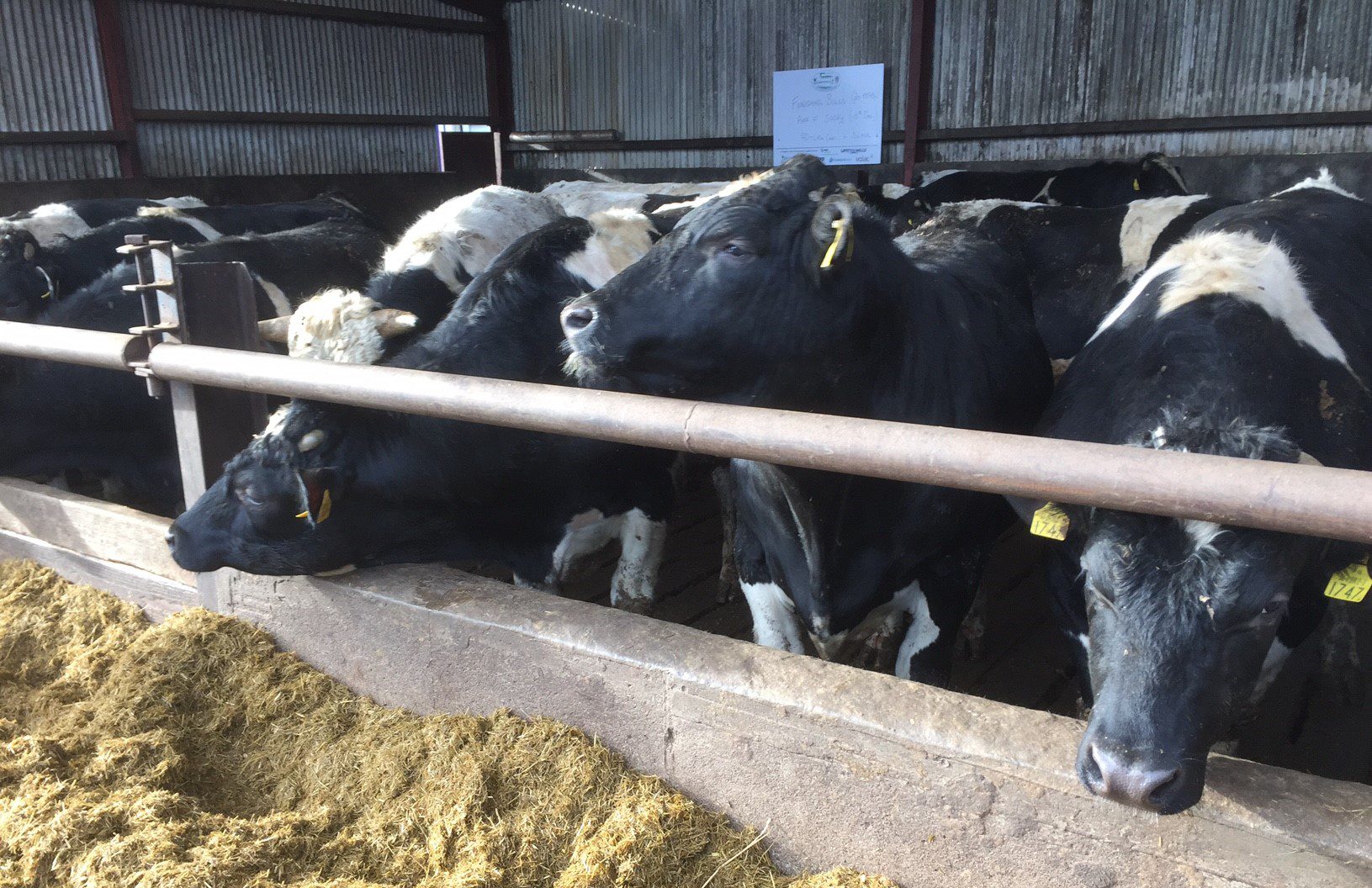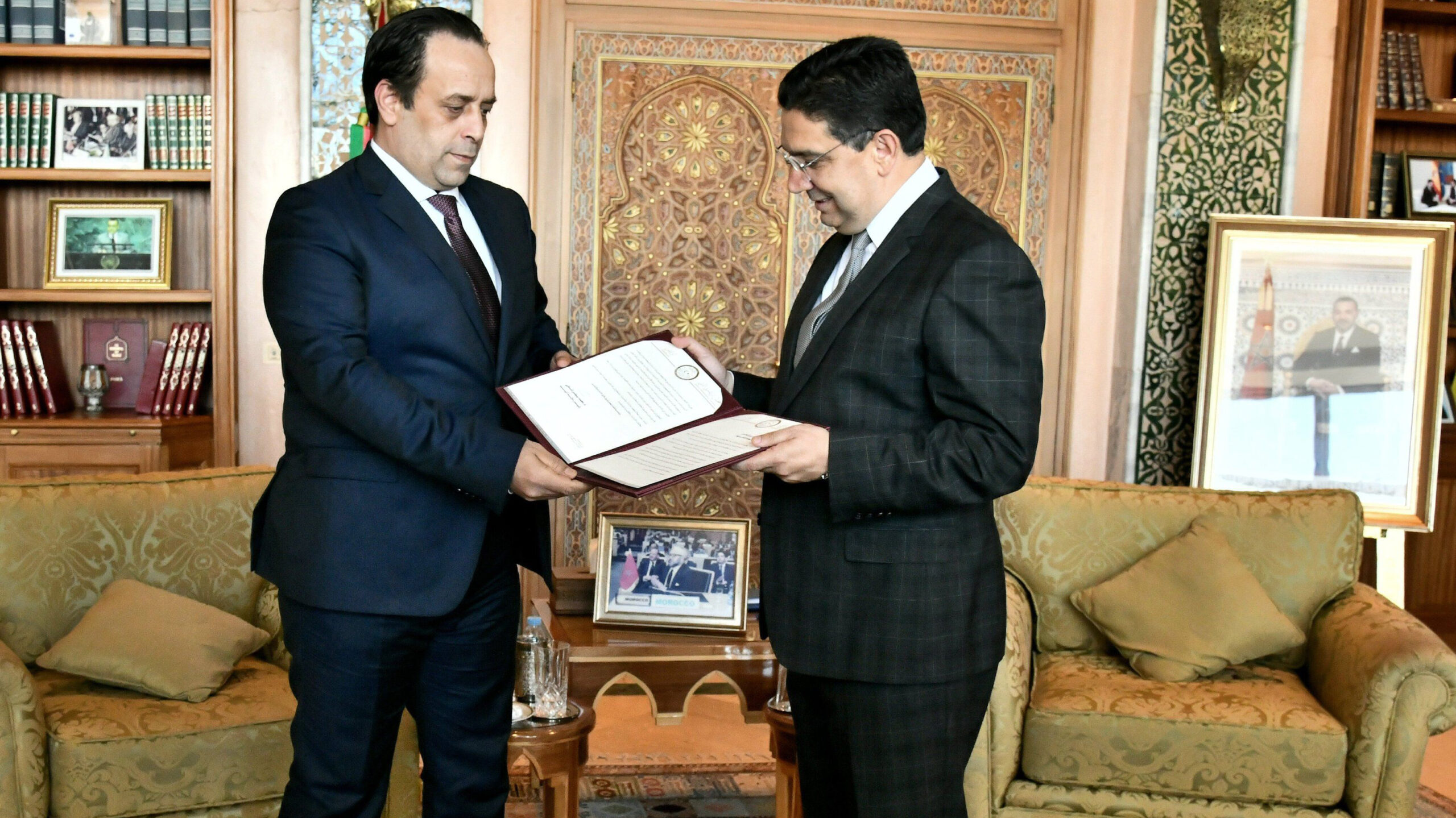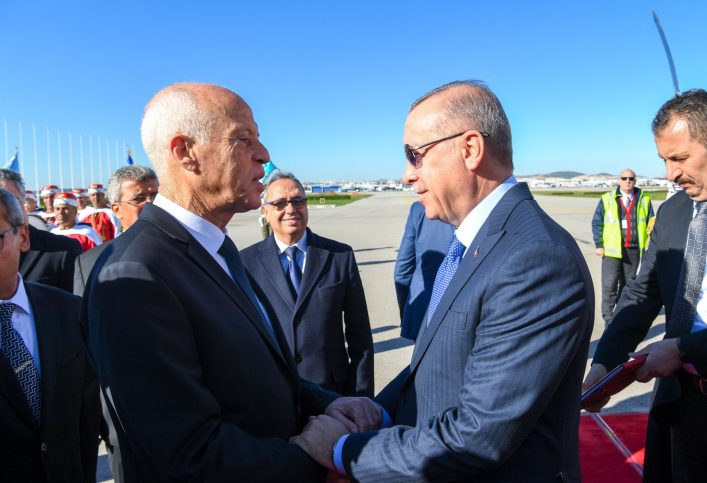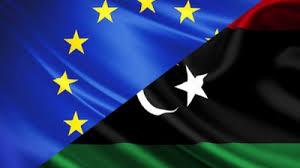The Ministry of Agriculture and Livestock, operating under Libya’s parallel Government, announced the arrival of a shipment of 800 cows at the Benghazi seaport. The livestock shipment originated from the Port of Marseille in France and was imported by Emaar Libya Holding Company for the Ghout Al-Sultan Production Project, located east of Benghazi.
In its statement, the Ministry emphasized the strategic importance of the shipment, which aims to support local agricultural and livestock production as part of broader efforts to enhance food security and boost the region’s economic development. The Ghout Al-Sultan Production Project is a cornerstone initiative designed to revitalize the agricultural sector in eastern Libya and reduce dependence on imported food products.
Veterinary teams from the National Center for Animal Health have already commenced thorough examinations of the cows to verify their compliance with breeding and production health standards. These assessments include checks for diseases, vaccinations, and overall fitness for integration into the production systems, ensuring the livestock meet national and international health requirements.
This initiative reflects a renewed focus on strengthening Libya’s agricultural and livestock capabilities. It is part of a broader plan to modernize farming practices, increase productivity, and support the country’s economic diversification. The Ministry has reiterated its commitment to enhancing food security through sustainable and innovative approaches, including the development of local infrastructure and partnerships with international suppliers.
The arrival of this shipment is expected to contribute significantly to the Ghout Al-Sultan Production Project, which aims to establish a model for modern livestock farming and dairy production in the region. The project also plans to provide training and employment opportunities for local farmers and workers, aligning with efforts to stimulate economic growth and improve livelihoods in eastern Libya.



